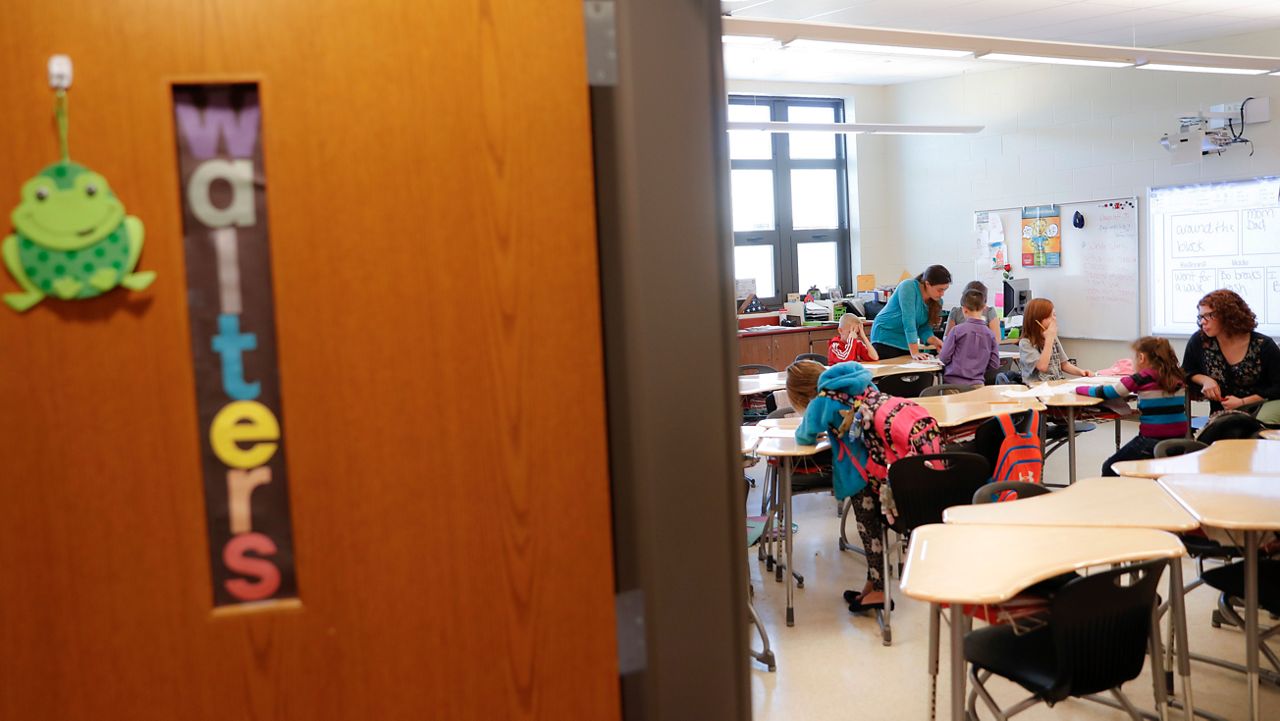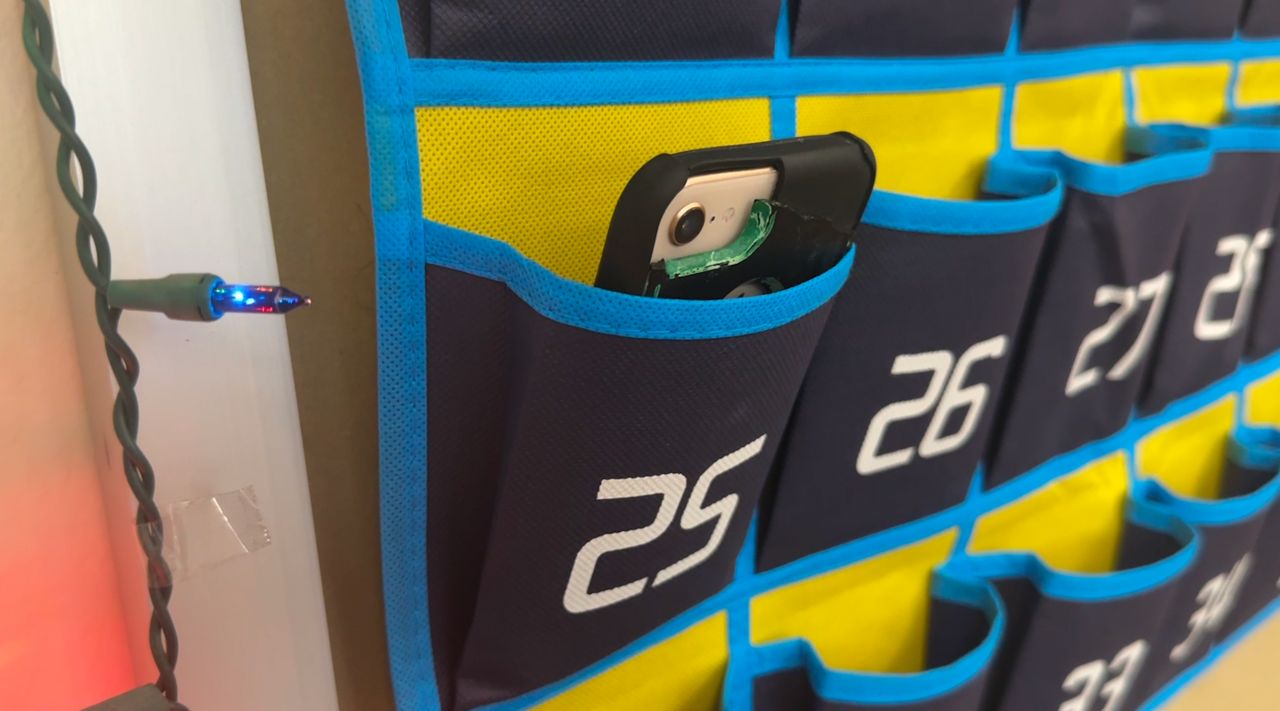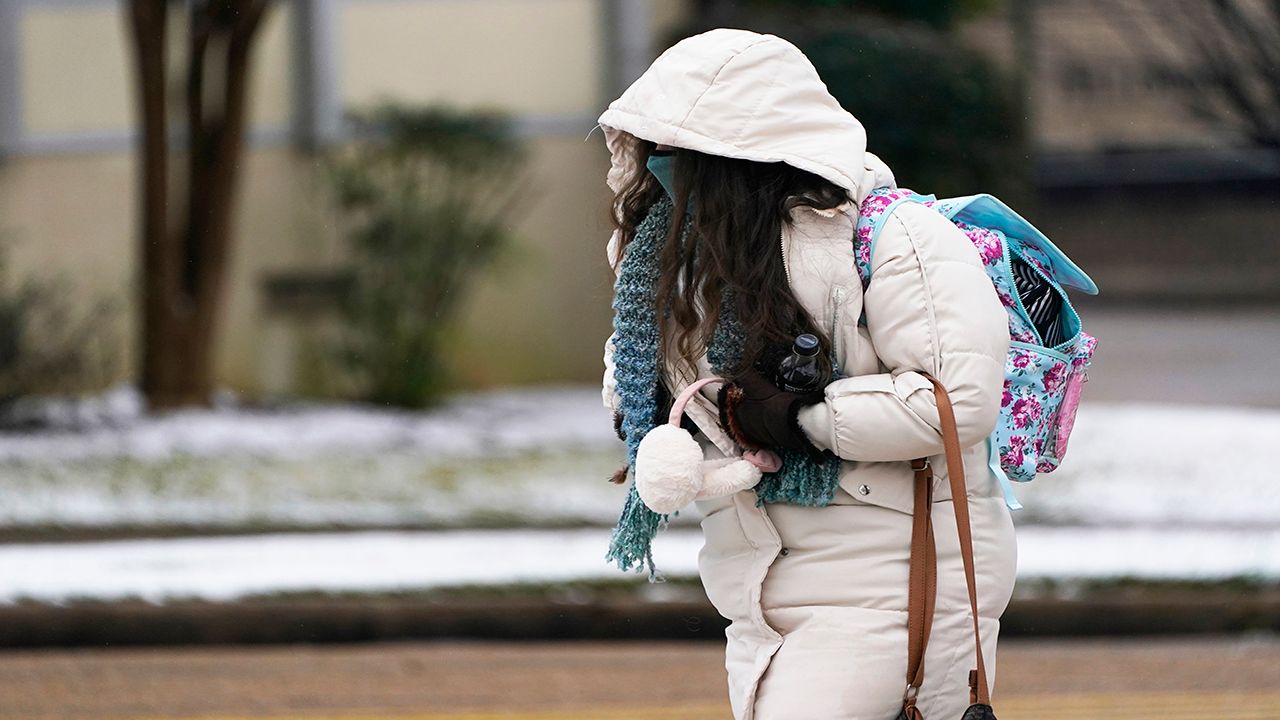AUSTIN, Texas — The conversation about library books and what kids should read continues at the Texas Capitol. A Senate bill would allow parents to have more information and control over what their student can check out from their school library.
The bill by Sen. Angela Paxton, R-McKinney, would also remove protection for librarians who give out books for scientific or educational reasons if some find those books to be “harmful.” That worries Shirley Robinson, the executive director of the Texas Library Association.
“Anyone who has a problem with a book, who doesn’t agree with a book that’s been brought into the school by the school board or this school library council, would be able to call law enforcement on the librarian,” she said.
The bill would also establish a local school library advisory council, create a process for parents to challenge library material, and allow parents to opt in to receive notice every time their student checks out a book.
“It’s going to place a really heavy administrative burden on a librarian to notify a parent every single time a book is checked out,” Robinson said. “In some cases, circulation in elementary schools can be up to 200 books a day.”
Mary Elizabeth Castle, the director of government relations for the conservative organization Texas Values, disagrees.
“There are plenty of administrators who can handle the role that parents get the notice that they deserve,” she said.
Castle supports the bill because it would expand parental rights, a top priority for Republicans in this legislative session.
“Kids have access to these books without any type of supervision, and I think a parent has the ultimate parental rights to know what their child is bringing home and reading,” Castle said.
A letter about inappropriate books in schools sent by a former Republican representative spurred challenges to children’s books, specifically regarding race and sexuality. Since then, lawmakers and parents have joined in by trying to remove certain books from school libraries, and there’s been an increase in investigations into librarians.
“To have your professionalism questioned by a small vocal minority of individuals is really threatening, and librarians do not feel safe working in their schools and in their communities right now,” Robinson said.
While some see the need to track and remove books, others don’t. Various schools and stores have created banned book clubs to push back.
“We have to remember that every family has a different set of values, and just because your values aren’t those of your neighbor’s, it doesn’t mean that your neighbor’s values are wrong,” Robinson said.
The debate about what children should and shouldn’t be able to pull from school libraries is bound to continue.









